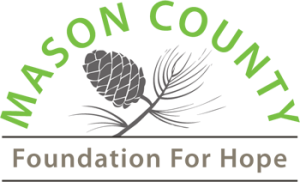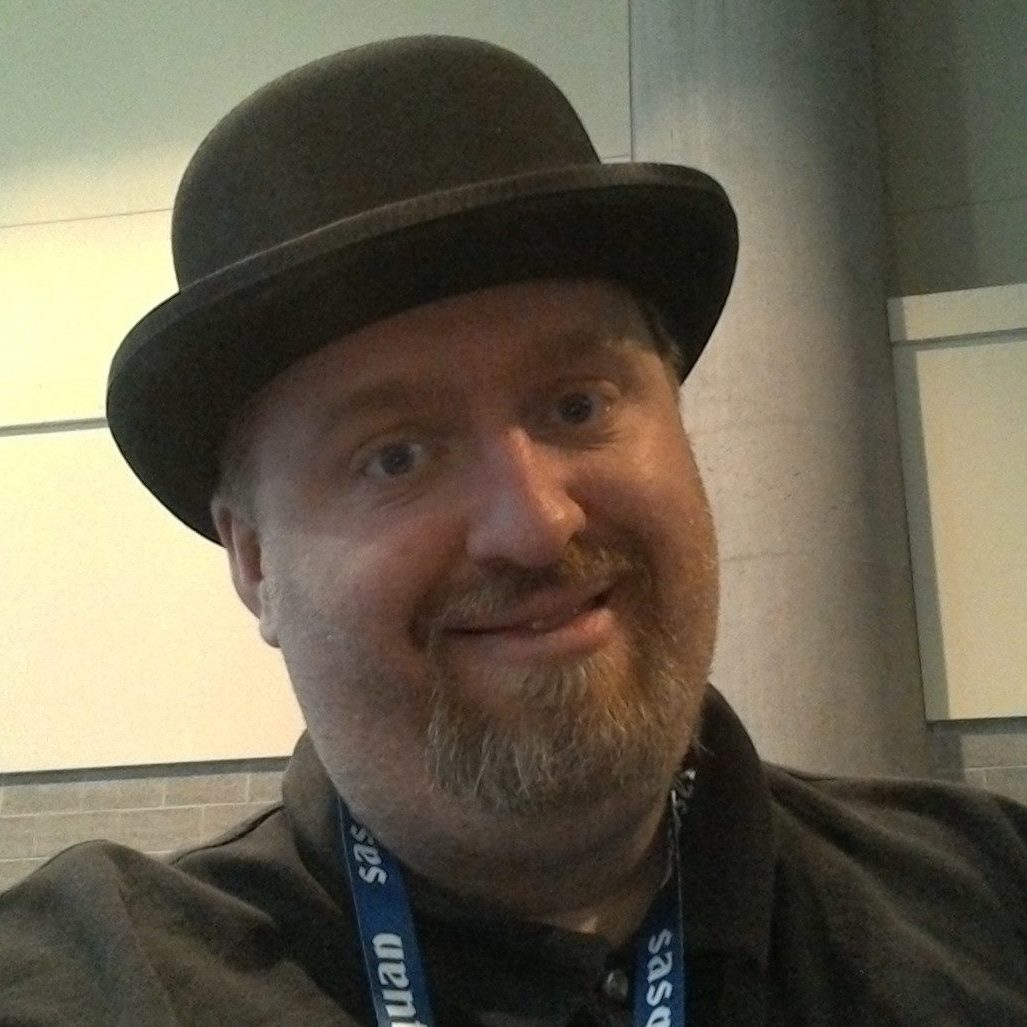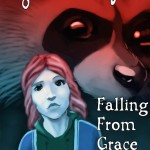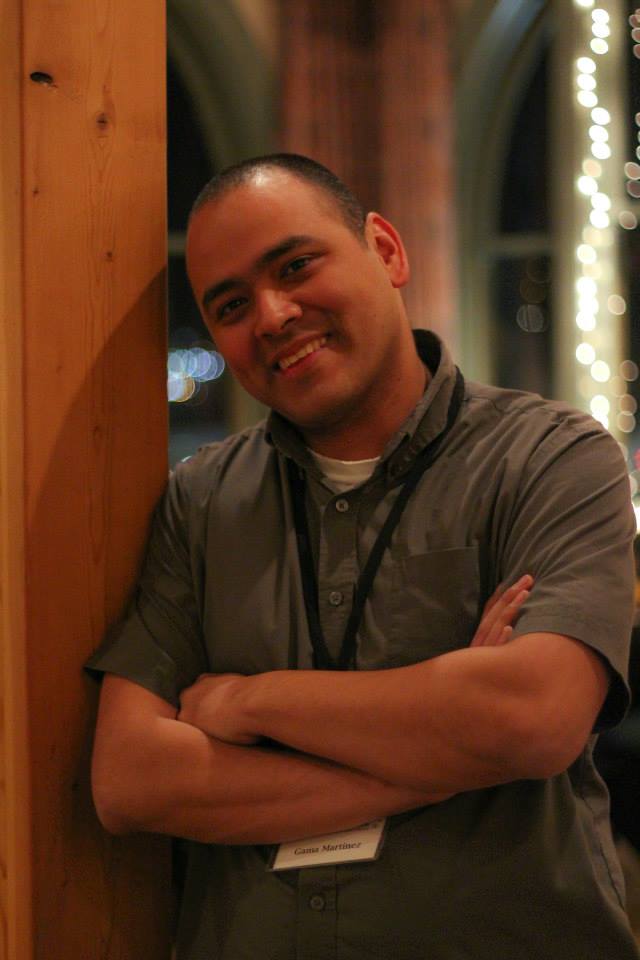This month on the Fictorians, we’ve thoroughly explored the many aspects of balancing our writing with the myriad of other responsibilities we have in life. I lead this month by insisting that we all have to choose how we spend our time. I have the words “70 hours” written on my bathroom mirror to remind myself that I have plenty of time outside sleep and my job. It’s up to me to choose how I spend it. And I still stand by all of that.
However, the stories and experiences of my fellow Fictorians and our wonderful guest posters have helped me realize a few things about my own work-life balance. It’s not perfect, nor does it need to be! Instead of repeating their words, I’ll simply share my top ten favorite posts for the month. Do they line up with yours?
- I found out the secret of Gama Martinez’s awesome prolificness! The man keeps up with one of the most aggressive release schedules I know of by writing his books 10 – 15 minutes at a time when necessary, capturing every opportunity he can to do what he loves.
- Ace Jordyn reminded me that you don’t need to write every day to be a writer. We all have our own rhythms. Do what works for you!
- Kate Corcino told us about some pretty intense points in her life, how she struggled to find time to write, and those times when writing wasn’t the most important thing she had to deal with. Writing’s a marathon, not a sprint.
- David Heyman talked about the struggle to have your cake and eat it too. Sometimes, however, you must give up a slice to make time for your novels. It’s essential to remember that you need to take that slice out of your own portion of your time, not out of the work that pays the bills or the family that loves and supports you.
- No one is busier than a new momma, but Joy Dawn Johnson let us peak into her crazy, distraction filled world. And yet, she still gets work done. The trick? No matter what distractions arise, always come back to the keyboard.
- Speaking of distractions, there are some things that come up that we have to attend to, while others can be ignored. At least for a while. Emily Godhand talked about how to tell the difference and knowing when to remove or ignore the ones that are keeping us from getting writing done.
- I’ve been obsessing about making my writing a business so much over the past couple years that I’ve lost sight of the need to let the artist run the show sometimes. Like Sean Golden, I’ve recently found that my best work has been done when I’m not worried about making a sale, but rather focus on writing a good story.
- Nancy Green reminded us that you can’t have “it” all; you just have to decide what “it” actually is.
- Jen Greyson talked about the difference between balance and equilibrium. After all, it doesn’t matter if the scales are even, so long as you can be happy with where they lay.
- Holly Roberds’ post reminded me that you can’t be a slave to your work. Sometimes you just need to cut yourself a break and give yourself permission to do something other than writing. Seriously! It’s healthier that way.
And those lessons only represent about one third of all the insightful posts we’ve seen this month! Did you catch them all? Which were your favorites? Unfortunately the month is almost done and we need to be moving on to a new theme, but please come back for April’s topic. I promise you’ll love what Anne has in store!

 Evan Braun is an author and editor who has been writing books for more than ten years. He is the author of The Watchers Chronicle, a completed trilogy. In addition to writing both hard and soft science fiction, he is the editor-in-chief of The Niverville Citizen. He lives in Niverville, Manitoba.
Evan Braun is an author and editor who has been writing books for more than ten years. He is the author of The Watchers Chronicle, a completed trilogy. In addition to writing both hard and soft science fiction, he is the editor-in-chief of The Niverville Citizen. He lives in Niverville, Manitoba.






